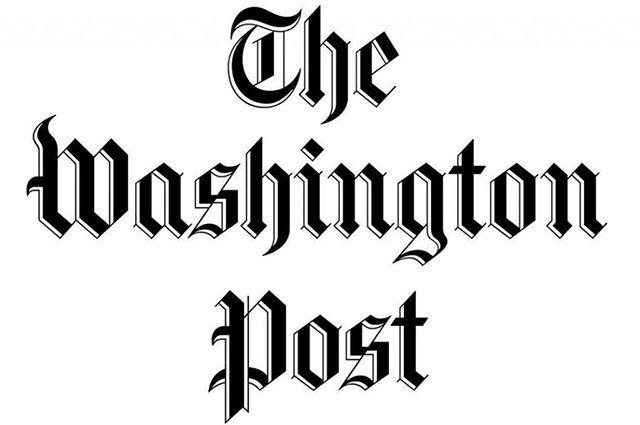-

Hear from Professor Monica Toft
Learn how Professor Monica Toft is shaping the study of global affairs and diplomacy at Fletcher.
Hear from Prof. Toft -

Explore Fletcher academics in action
Fletcher Features offers insights, innovation, stories and expertise by scholars.
Get global insights -
Get application tips right from the source
Learn tips, tricks, and behind-the-scenes insights on applying to Fletcher from our admissions counselors.
Hear from Admissions -

Research that the world is talking about
Stay up to date on the latest research, innovation, and thought leadership from our newsroom.
Stay informed -
Meet Fletcherites and their stories
Get to know our vibrant community through news stories highlighting faculty, students, and alumni.
Meet Fletcherites -

Forge your future after Fletcher
Watch to see how Fletcher prepares global thinkers for success across industries.
See the impact -

Global insights and expertise, on demand.
Need a global affairs expert for a timely and insightful take? Fletcher faculty are available for media inquiries.
Get in Touch
What a difference a year makes for the Group of Seven
Dan Drezner comments on the G7's finance leaders agreement to back a new global minimum tax rate, via his column in The Washington Post.

The 21st century has been unkind to the Group of Seven. Formed in the mid-1970s, the grouping of the United States, Canada, Japan, France, Germany, Italy and the United Kingdom functioned as the de facto ruling caucus of the global economy for the next several decades. It was prestigious enough for Mikhail Gorbachev to want Soviet entry into it as the Cold War was wrapping up (although, tellingly, the G-7 finance ministers never expanded to include Russia).
For most of this century, however, the G-7 has mostly been a case study of declining influence in the global economy. For the first decade of this century, the G-7 would be discussed primarily as a way to show its relative decline compared with the BRIC economies. After the 2008 financial crisis, the G-7 faded from view as necessity dictated that the G-20 would be the focal point for global economic governance. The Trump years made things even more difficult, with iconic photographs and everything. One former high-ranking State Department official who served under Donald Trump told me that after the 2019 debacle, he doubted there would be another joint communique ever again.
This makes it all the more surprising that the G-7 accomplished what it did over the weekend. According to the New York Times’s Alan Rappeport, “Finance leaders from the Group of 7 countries agreed to back a new global minimum tax rate of at least 15 percent that companies would have to pay regardless of where they locate their headquarters.” He further noted, “Officials described the pact as a historic agreement that could reshape global commerce and solidify public finances that have been eroded after more than a year of combating the coronavirus pandemic.”

